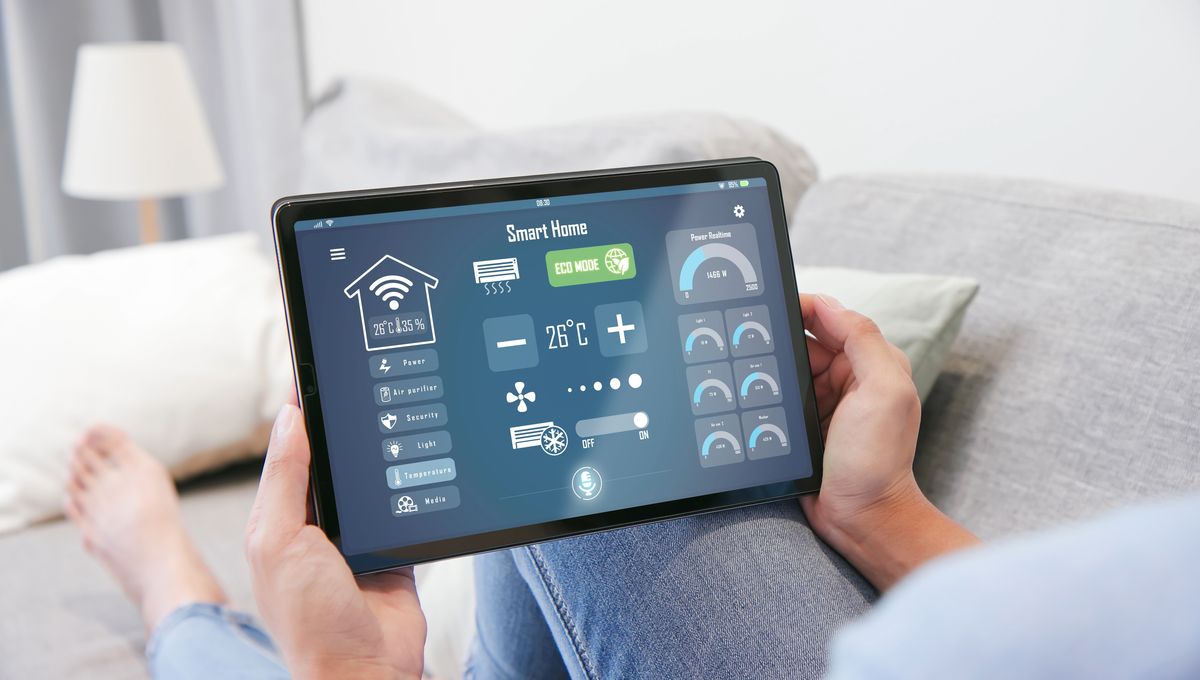
An effort to explore the temperatures to which people warm or cool their houses started by finding something obvious, but then moved into more intriguing territory. With 11 percent of energy in the United States devoted to household temperature control, understanding the drivers of people’s choices could be much more important than it seems.
The capacity to set conditions within our home environment has been one of the great blessings of the modern age, and a big part of the reason many people have migrated to locations they would previously have rejected.
However, more than half of American homeowners do not currently adjust their thermostats during the day, leaving the heat or cooling on even when there is no one home. Minor adjustments of the target temperature to take outside conditions into account are presumably rarer still. Dr Dritjon Gruda of the Universidade Católica Portuguesa and Professor Paul Hanges of the University of Maryland set out to explore this stubbornness, and the motivation for the temperatures chosen, in the hope this would lead to insights into how to become more flexible.
It’s well known that people become adapted, at least a little, to the climate in which they were raised and can struggle in a different climate zone. So when Gruda and Hanges surveyed 2,128 people about their household temperatures, the conditions in the house in which they grew up inevitably loomed large.
But what the pair found was that community also matters. People who bonded with others in their new city were more likely to adjust their thermostats to match those of their fellow residents. Those who didn’t feel like they belonged, kept temperatures more similar to where they grew up. Gruda and Hanges refer to the relevant metric as “community fit”, measured not only by local friendship networks but by feeling attached to their new city.
Using New York as an example, those arriving from hotter locations who didn’t feel like they had received a metaphorical warm welcome felt the need to make their houses warmer, as if to compensate.
The findings raise questions about how something as desirable as community fit can be increased. More immediately, however, Gruda and Hanges see them as useful for those trying to nudge people toward temperature control more suited to their new homes.
It’s important that people be able to choose the temperature that’s right for them, but heating an empty house is a bad use of money, even without the environmental consequences.
Moreover, for most people, a degree or two away from their default setting wouldn’t affect their comfort at all. However, it would, very often, affect their wallets. In a warm climate, turning the heat off when out or letting the house be a few degrees cooler might make little difference to winter fuel bills. In a cold one, such moves can matter a lot. The same goes in reverse for summer cooling – slight flexibility can ease the strain on the grid when demand for air conditioning is at its peak.
Recognizing the social and environmental benefits, as well as the financial ones, policy makers have been seeking to encourage more flexibility.
After Jimmy Carter was widely mocked for wearing a sweater in the White House to try to set an example, financial incentives and values-based messaging have been tried. Results have been disappointing.
“Policymakers may need to pivot towards campaigns that deeply resonate with the unique identity and values of individual communities,” the authors write. At the same time, they acknowledge their study is observational, not a randomly controlled trial, so there may be other factors they have missed.
Nevertheless, to get people to adopt thermostats better for them and the planet, it seems it would help to make them feel at home. To the extent that can’t be changed, different approaches might be needed for those feeling alienated from their new environment compared to those who’ve found their place.
The study is open access in PLOS Climate.
Source Link: Some People Have Surprising Reasons For The Home Temperatures They Choose